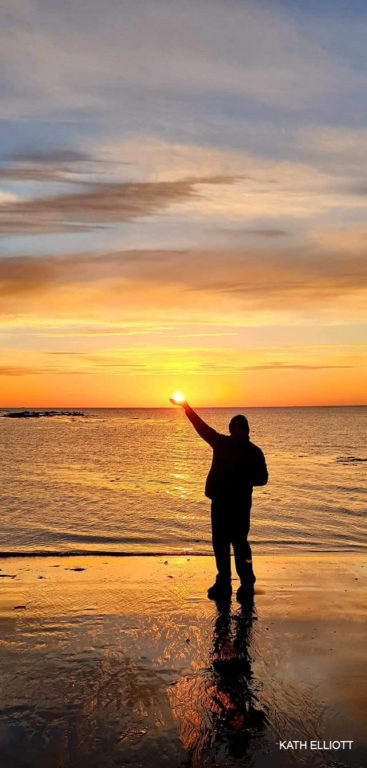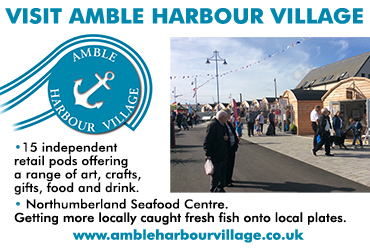Why we need to balance economics and nature
On 2 February, a global review was published by Professor Partha Dasgupta, which looked at the economics of biodiversity, showing how nature is the foundation and support of our economy, and the extent to which we rely on it.

Hauxley Sun by Kath Elliott
The Dasgupta Report is particularly interesting as it doesn’t just look at climate change and the effects of global warming, but instead it focuses around the problems of biodiversity loss, which aren’t as widely talked about.
Biodiversity is all of the varieties of natural habitats and species. The more biodiversity we have, the more adaptable and resilient nature is. However, because of our focus on economic growth at the expense of our natural resources, the earth’s biodiversity is being lost at an alarming rate. The report states that extinction rates are 100-1000 times higher than the baseline rate.
This biodiversity loss could have major impacts on our resources, as well as increasing the likelihood of infectious diseases like Covid-19. Many of our ecosystems are already at imminent risk of tipping points which, if reached, would be almost impossible to recover from. Plus, the financial cost of trying to restore nature is much more than the cost of conserving it now while we still have the chance.
However, the Dasgupta Review suggests solutions too. Nature can only produce a finite amount of goods that we need, but it’s becoming more and more clear that technology could help us overcome that.
Technological innovations and sustainable ways of producing food could help us provide the resources we need in an eco-friendly way. With new technology, there are many ways of decarbonising our energy systems.
These nature-based solutions that will help us address climate change as well as biodiversity loss just need more investment, which they’re currently not getting. It’s also important that we start to create global solutions and help preserve the ecosystems of countries other than just our own. What affects one country affects the whole world.
One of the main focuses of the review, though, is how we can’t rely on technology alone – we need to restructure society itself. To begin with, we need to change our measure of economic success. GDP doesn’t account for the decline in our natural environment, therefore it encourages companies and governments to continue with unsustainable growth and development. Wealth needs to be measured in terms of assets, including natural assets.
As well as this, societal change and urbanisation means we’ve grown distant from nature, so people need chance to connect with nature to both improve health and well-being and empower them to demand the change that’s needed.
We’re lucky in Northumberland that we have lots of opportunity to connect with nature. We’re surrounded by beaches, forests and hills, but there’s still a lot that we need to do to preserve our biodiversity. This is in both practical changes, such as ending the burning of moorland for grouse shooting, which destroys a rare ecosystem and causes a large release of carbon dioxide, as well as the societal ones that the Dasgupta Review suggests.
By putting more money into sustainable and nature-based projects and focusing on the environment that Northumberland is well known for, as well as shifting our views and practices on an individual level, we could start to become a role model for the rest of the country.
Making sustainable choices in the future won’t always be the easiest path, but there are many success stories around the world from when people take these risks.
The review points out that, at its core, our problem is the same as that of our ancestors: finding the balance between what we take from nature and what we leave behind for our descendants. Only this time it’s on a global scale, and it’s becoming increasingly clear that there’s not long left before we break the balance beyond fixing.
By Lily Tibbitts













Heart broken to watch a documentary on Torvill and Dean Ice Champion’s travelled to Alaska for their dream to Skate The Bellero in the open air only to find they couldn’t find a lake to skate on.
The ice is melting away and people who have lived there all their life can see such a huge climate change.